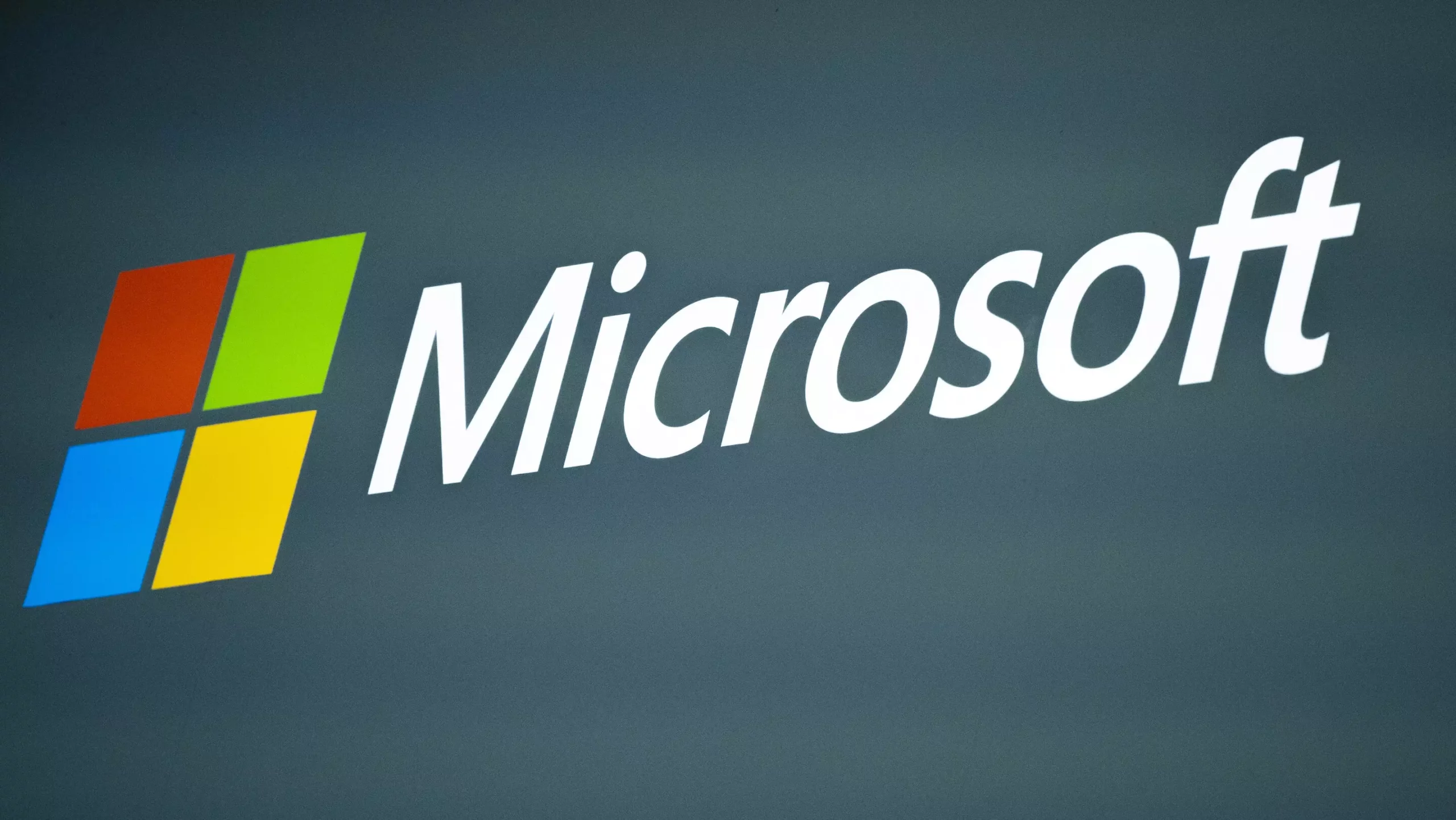In a shocking revelation, Microsoft announced on Friday that state-backed Russian hackers had successfully broken into its corporate email system. This intrusion allowed the hackers to access the email accounts of not only members of the company’s leadership team but also employees from its cybersecurity and legal departments. The breach, which commenced in late November and was only discovered on January 12, was attributed to the same highly skilled Russian hacking team responsible for the infamous SolarWinds breach.
Microsoft stated that only a small percentage of its corporate accounts were accessed by the hackers. However, the company did acknowledge that some emails and attached documents were stolen. Presently, Microsoft has not provided specific details on which or how many members of its senior leadership had their email accounts breached. Nonetheless, the company assured that it has taken immediate action to remove the hackers’ access from the compromised accounts and is in the process of notifying the affected employees.
A New Security Rule and Implications
Coincidentally, the disclosure of this cyber attack comes just a month after the introduction of a new U.S. Securities and Exchange Commission (SEC) rule. This rule mandates publicly traded companies to disclose any breaches that could potentially have a negative impact on their business. Failure to comply within four days would require a national-security waiver. In the case of Microsoft, they promptly adhered to this regulation by making a regulatory filing with the SEC. They stated that, at the time of the filing, the incident had not materially impacted their operations. However, the long-term financial impact was yet to be determined.
According to Microsoft, the hackers from Russia’s SVR foreign intelligence agency were able to gain access by compromising credentials on a “legacy” test account, indicating potential vulnerabilities in outdated code. Once they gained entry, the hackers utilized the permissions from this account to access the email accounts of the senior leadership team and other targeted individuals. Their method of attack, known as “password spraying,” involved using a single common password to attempt entry into multiple accounts.
Microsoft clarified that the breach was not the result of any vulnerability in their products or services and reassured customers that there was no evidence of the threat actors having access to customer environments, production systems, source code, or AI systems. Nonetheless, the company affirmed its commitment to notifying customers if any further action is required.
The Extent of the SolarWinds Hacking Campaign
Microsoft’s hacking incident underscores the seriousness of the SolarWinds hacking campaign, which the company previously described as “the most sophisticated nation-state attack in history.” This campaign targeted not only various U.S. government agencies, such as the Department of Justice and the Department of Treasury, but also over 100 private companies and think tanks, including software and telecommunications providers. The group responsible for this campaign, known as Midnight Blizzard or Cozy Bear, primarily focuses on intelligence gathering for governments, diplomats, think tanks, and IT service providers in the U.S. and Europe.
The breach of Microsoft’s corporate email system by Russian hackers raises significant concerns regarding cybersecurity and national security. As Microsoft continues to assess the impact of the attack, the repercussions may extend beyond the stolen emails and documents. The compromised information could potentially be leveraged for various purposes, such as cyber espionage or even financial gain.
This incident serves as a stark reminder of the persistent and evolving threats posed by nation-state hackers. It highlights the necessity for organizations to remain vigilant and implement robust security measures. As the investigation continues and the full extent of the breach becomes clearer, Microsoft and other affected parties must work diligently to ensure that their systems are fortified against future attacks.
The Russian hacking of Microsoft’s corporate email system is a troubling breach of security. The hackers’ ability to access high-ranking individuals’ accounts raises significant concerns about the vulnerability of even the most well-established institutions. As cybersecurity becomes an increasingly critical issue, organizations and governments must invest in the necessary resources to protect against such attacks in the future.


Leave a Reply